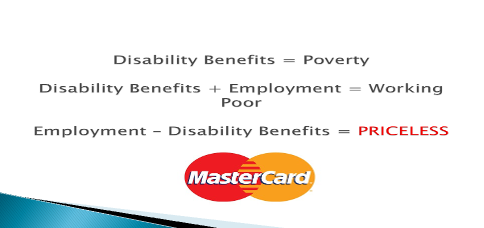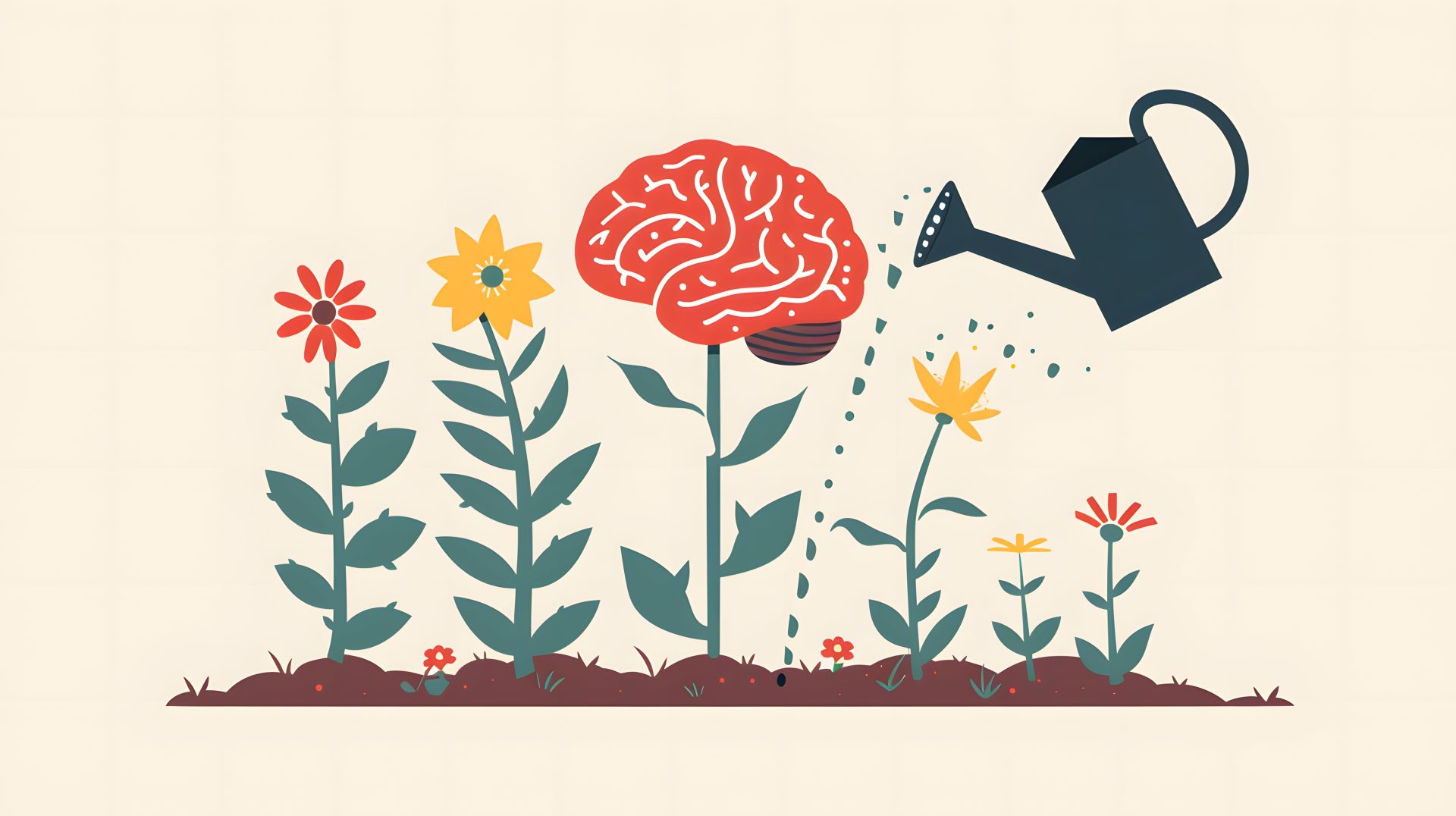Welcome to the CPR Blog
Your destination for original articles and important information about upcoming CPR events.
From Patient to Paycheck: Out of the System and into the Workforce
June 20, 2025
by Len Statham, MS., CPRP
No one grows up dreaming of being poor or permanently dependent on public benefits. Yet, for too many people with psychiatric disabilities, that becomes their reality – not because of a lack of ability or ambition, but because the system designed to support them often makes it harder for them to break free. This article is about changing that story – about helping people from patient to paycheck, from being defined by a diagnosis to being empowered by purpose.

For individuals navigating the mental health system, public benefits such as SSI or SSDI are often a necessary starting point – but, over time, what begins as a safety net can become a ceiling. The fear of losing vital supports – such as healthcare, housing, and stability – can keep people locked out of the workforce. The irony is clear: the very systems meant to support recovery often discourage progress, and while benefits may meet some short-term needs, they do little to build long-term hope. To play off the Mastercard commercial:

To get from here to there – from benefits to a paycheck – we must first understand the scope of the challenge. Federal data continues to show that only about 20% of people with disabilities participate in the labor market, compared to 70% of the general population (1). Unemployment among people with mental health challenges is even more staggering. Perhaps, most troubling: 86% of youth removed from SSI at age 18 do not reach self-sufficiency levels. (2). The message we send, intentionally or not, is that they are not expected to participate, to contribute, or to thrive.
And yet, most people with mental health challenges want to work. They want to contribute. They want to feel the dignity of earning a paycheck and the dignity of being needed. What they often lack is not motivation, but opportunity, encouragement, and a system that believes in their potential. We must replace the language of limitation with one of expectation, and we must stop measuring people solely by their diagnoses or perceived deficits.
Breaking the cycle begins with a spark – what we call activation. It’s that moment when someone sees themselves not as a lifelong patient, but as a potential worker, student, leader, or neighbor. And often, that moment starts with a conversation. Not about symptoms, deficits, or labels, but about goals, interests, and what might be possible. Activation isn’t just motivational, it’s foundational. It reminds people that they are allowed to want more.
That shift from passive recipient to active participant requires courage. For people who’ve been sidelined by the system, employment can feel like a risk. And it is, but we need to start reframing work as not a threat to stability, but as a gateway to growth. Taking that first job is not about income, it’s about identity. It’s about reclaiming the belief that you are needed somewhere, wanted somewhere, and that your time and talents matter. As a peer colleague of mine put it, “work gave me the confidence that I can do anything I put my mind to.”

But belief doesn’t always come first. Sometimes, it has to be built through action. That’s where Behavioral Action comes in: when you act in a certain way that reflects strength, confidence, and purpose, even if you don’t feel like it at first, those feelings often begin to follow (3). In recovery, this means that showing up for a job, even with doubts, can be the very thing that helps those doubts dissolve. Through work, people begin to see themselves differently, and that new self-image becomes the catalyst for lasting change.
Work is not just about economic gain – it’s about social inclusion, personal growth, and healing. Studies show that employment can reduce symptoms, increase self-worth, and provide the structure that many people need to thrive (4). It connects individuals to their communities and reinforces their value beyond a clinical setting.
Ultimately, this journey isn’t just about employment. It’s about economic self-sufficiency, having real control over one’s financial life. That means earning wages, building assets, gaining independence from public programs, and contributing to your community. It’s about being more than stable; it’s about being empowered! Recovery that stops short of economic empowerment is incomplete. People deserve not only to survive, but to thrive.

Moving from patient to paycheck is not a linear path. It’s a collective one. It requires systems that support employment as a fundamental part of recovery, peers and professionals who believe in what’s possible, and communities that are ready to welcome people back to full participation.
Because no one should be stuck in a system that was never meant to be their destination.
Citations:
- U.S. Bureau of Labor Statistics. (2023, February 28). Persons with a Disability: Labor Force Characteristics—2022. https://www.bls.gov/news.release/disabl.nr0.htm
- Deshpande, M. (2022). Does Welfare Prevent Crime? The Criminal Justice Outcomes of Welfare Reform. Quarterly Journal of Economics, advance article. Retrieved from https://academic.oup.com/qje/advance-article/doi/10.1093/qje/qjac017/6581195
- Martell, C. R., Dimidjian, S., & Herman-Dunn, R. (2010). Behavioral Activation for Depression: A Clinician’s Guide. Guilford Press.
- Modini, M., Joyce, S., Mykletun, A., Christensen, H., Bryant, R. A., Mitchell, P. B., & Harvey, S. B. (2016). The mental health benefits of employment: Results of a systematic meta-review. Australasian Psychiatry, 24(4), 331–336.
Notice: This post is funded under a grant from the National Institute on Disability, Independent Living, and Rehabilitation Research (NIDILRR grant number 90RTEM0011). NIDILRR is a Center within the Administration for Community Living (ACL), Department of Health and Human Services (HHS). This event and associated content (e.g, recordings, transcriptions) do not necessarily represent the policy of NIDILRR, ACL, or HHS, and you should not assume endorsement by the Federal Government.
—people with psychiatric disabilities…
I wonder why we call them “psychiatric”?